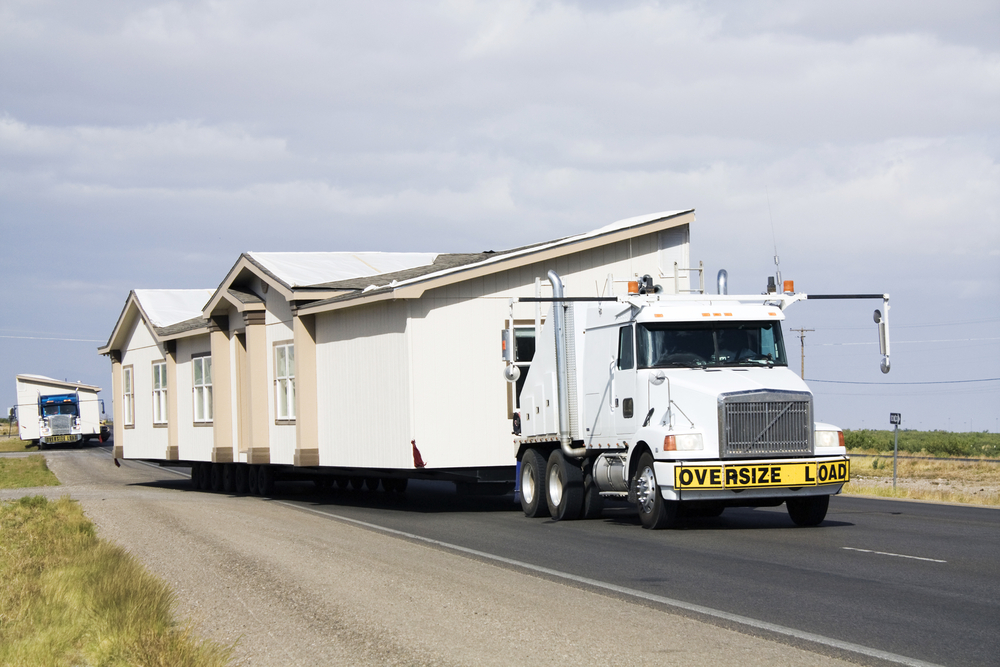Are you shopping for your first mobile home and can’t wait to start living in it? Before you decide to purchase a mobile home, you must take into consideration the place to park your new home.
You may have heard about how you can park your mobile home anywhere and live freely, but that is not the case in most of the United States today. Rather, it’s largely up to the local zoning laws to determine how you can legally and safely park and set up your home.
No matter what state you’re in, the laws agree on 3 places you can almost always park your mobile home:
- Your private land
- A manufactured or mobile home park, and
- Family member’s or friend’s land
Let’s explore those options.
Putting The Mobile Home On Your Land
When you buy a mobile home, this should be your first option for where to place it. However, while this option is highly recommended, it isn’t perfect. There are benefits only landowners will enjoy with their mobile homes, but it’s not all sunshine and rainbows here.
Benefits of Parking Mobile Home On Your Land
- You get total privacy since the land is under your ownership.
- Freedom to decide how you customize your home anyway you want without complaints from neighbors or a landlord.
- You can place your home in a location that has better access to commercial establishments like hospitals, schools, or grocery stores.
- It’s a cost-effective option in the long run.
- You can consider it the first step to outright being a total homeowner.
- If your land is vacant, you can look forward to less rigid rules and requirements.
You can enjoy most of these benefits even if you’re parking on rented land.
Drawbacks of Parking Mobile Home On Your Land
When you decide to park your mobile home on your land, this leaves you with more responsibility. Basically, you’re in charge of:
- Finding land in a great location, with schools, hospitals, emergency services, and other amenities nearby. It requires thorough research.
- Getting permits and documentation for your mobile home. You will also need to address emerging issues as needed.
- Grading the land and preparing a pathway for the home delivery and set-up.
- Ensuring your home and land consistently obey zoning requirements and building codes.
- Making sure your foundations are firm enough to support your house.
- Landscaping and maintenance of your home and land.
If you dislike stiff rules and regulations, you might want to look at vacant land. However, you will be isolated and probably have less social interaction than is healthy.
Placing Your Mobile Home in a Mobile Home Park
This should be your second option if you can’t afford to buy a piece of land. You will find most of them located around urban areas or in more unsettled areas. If you want, you can choose to either carve out and buy a portion from the landlord, or you can rent it.
If you decide to park your mobile home in a park, there are a few pros and cons to that decision.
Benefits of Using a Mobile Home Park
- Mobile home parks are placed on suitable land (no worries there), and you will have the foundations installed for you.
- Parks are designed for ease of delivering and setting up a mobile home.
- Most parks have staff that can help you with any problem you might have settling in.
- You have less responsibility, which means the park administration will take care of building permissions and inspection. If you require a septic tank or a paved driveway, you don’t have to worry about finding a trustworthy contractor for the job. There will be maintenance staff at your disposal.
- The utilities are already available. It’s only a matter of plugging you in.
- Mobile home parks are also called communities for a reason: ample chances for social interaction are practically guaranteed. There are likely also recreational facilities in place, too.
Drawbacks of Mobile Home Parks
- Rent is never steady, and you can’t do much about it.
- If you’re the type who likes to have a say in how your home looks and how it’s maintained, you may not be able to do that so often because the landlord will have the final say on these matters.
- Sometimes, social interaction can get tiring. The level of it in mobile home communities can strain privacy.
- Some parks charge extra for utilities.
Before you make the move despite the drawbacks, do some research on the park. Make sure the park isn’t in foreclosure, and there are no move-in and move-out fees attached.
Parking Your Mobile Home on a Family/Friend’s Land
This is your next best option if the other two aren’t viable. You can ask a friend or family member for permission to use their land or a piece of it for free or on a lease.
However, your friend’s permission might not be all you need. Depending on where you live, you might need additional permits from the local government, so check in with them as well. Some states’ zoning laws make living full-time on someone else’s property illegal.
Conclusion
As you can see, it isn’t legal to park your mobile or manufactured home anywhere you want. It has to be on your land, in a mobile home park, or on a family member’s or friend’s land (with their permission). Make sure you know everything the state has to say concerning your options. Get a lawyer if you have to.
Also, if finding a place for your mobile home is proving too difficult and you’d rather let it go, consider donating it.
You can donate it through Banyan Mobile Home Removal. We’ll make sure it gets to people who truly need it. These people will finally have a roof over their heads and it’ll be because of you and your selfless act.


